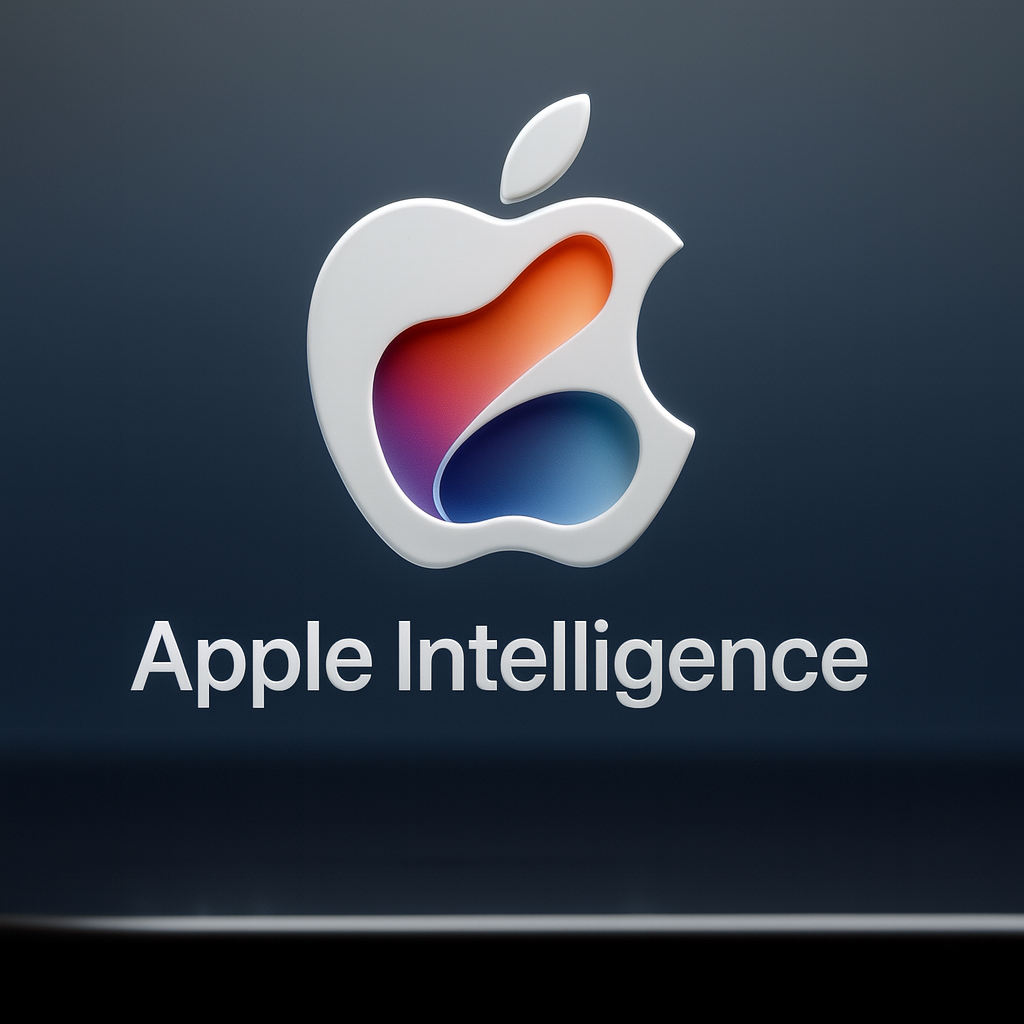Can a company accustomed to absolute control adapt to an era dominated by free, open, and agile conversational AI? Apple is about to find out.
While Google and Microsoft were launching generative models to the market at full speed, and OpenAI was surprising the world with ChatGPT, Apple seemed to follow its own pace: gradual improvements in Siri, chips with Neural Engine, some strategic purchases… and little else.
But it looks like that could be changing right now. as Tim Cook has publicly announced that Apple is ready to invest “big time” in AI. even opening the door to acquisitions that it historically would have avoided. The message is clear: if they want to compete in the next generation of smart interfaces, they need to move. And fast.
In today’s content, I’m going to look at that transformation: from caution to action, from perfectionism to urgency. We’ll see what Apple is doing, what obstacles it faces, and why the future of Siri – and perhaps the entire Apple ecosystem – depends on this bet on AI.

Apple accelerates in AI: new priorities, alliances and bets
What has changed in Cupertino?
Strategic acquisitions (although smaller than expected)
Although rumors of buying startups such as Perplexity AI and Mistral AI, both with cutting-edge technology in conversational AI and open-source models, sounded promising, Apple ultimately appears to have opted not to acquire them. The reason? The prices were astronomical: up to $16 billion for Mistral, according to some sources. Apple, true to its style, has continued to buy smaller companies (already seven in 2025), absorbing talent without breaking the bank.Tactical collaborations with big players
While developing its own models (such as Ajax GPT), Apple has signed agreements with companies such as Google to use customized versions of the Geminimodel and has also been intalks with OpenAI and Anthropic. This allows it to experiment and improve Siri without having everything ready yet in-house.AI search engine on the way: “World Knowledge Answers“
The crown jewel appears to be an internal project to create a conversational search engine, deeply integrated into Siri, Safari, and Spotlight. This system would enable AI-generated answers with real-time information, automatic summarization, and a much richer conversational experience than what Siri offers today.
Siri today: a frustrating experience in the age of LLMs
Let’s be clear: the current Siri is not up to par. It doesn’t matter if you use it on iPhone, Watch, HomePod or Mac: the experience is limited, frustrating, and sometimes even ridiculous. Siri understands very specific commands and in fixed structures – almost like talking to a machine from the 2000s.
Isn’t it contradictory that, in the age of language models such as ChatGPT or Gemini, we still have to “adapt our way of speaking” for an assistant to understand a basic question?
If you’ve tried Siri in 2025 and then use a model like Claude or Perplexity, the difference feels like jumping from a bicycle to a Tesla.
And here comes a potent comparison: what if Apple integrated something like Perplexity’s Comet into its ecosystem?
Comet is an intelligent assistant that not only answers questions, but acts as an agent. It searches, summarizes, navigates trusted sources, learns from context, and provides answers complete with links and evidence. It does this in real time, and with amazing fluency. You can see more information in this recent article on this blog.
Can you imagine replacing Safari with an interface like Comet, capable of conversing with you and providing what you need without opening multiple tabs?
That is the direction Apple is heading with its “World Knowledge Answers”. The big question is whether it will be able to offer an equally powerful experience, without giving up its hallmarks: privacy, local control and deep integration between devices.
The battle on the horizon: Apple vs. Google, Microsoft and AI startups

The context is clear: the way we search for information is changing radically.
Microsoft integrated ChatGPT into Bing, triggering the race.
Google rushes ahead with Gemini and its Search Generative Experience.
OpenAI made ChatGPT a serious alternative to traditional search engines.
Startups such as Perplexity and You.com are gaining ground by offering transparent, source-to-source AI search.
In this landscape, Apple runs the risk of being left out if it does not react. Additionally, its agreement with Google to make it the default search engine on iPhones is under scrutiny by antitrust authorities. If that deal falls through, they stand to lose billions… and their influence over how users search.
That’s why creating your own AI-powered search engine isn’t just offense, it’s defense. A powered Siri, native and private search, and contextual experiences within the iPhone can make the difference between leading and falling behind.
And what about the user?
This whole movement has a clear goal: to make your iPhone, iPad or Mac work for you, smarter and smoother. Some examples of what you could soon see:
Siri understanding complex questions and following the thread of a conversation.
A search engine that responds with automatically summarized text, images and videos.
Local integration with your files, emails or notes, without exposing your data to third parties.
Features such as live translation, intelligent suggestions in messages or auto-generated presentations in Keynote.
And all of this works offline in many cases, thanks to the powerful Neural Engine chips already in Apple devices.

Apple has not been a pioneer in the field of generative AI. But it seems it doesn’t want to sit on the sidelines of this revolution. It has deployed a smart strategy: combining in-house development, tactical partnerships, and a strong drive to improve Siri and the search experience.
The key will be in the execution. Will Apple manage to offer an AI as powerful as ChatGPT, Gemini, or Claude, without losing its identity focused on privacy and control? Will it be able to transform Siri from a passive assistant to a proactive co-pilot? Will it be able to offer something like Comet, but “Apple style”?
The next two years will be crucial. At stake is not just the relevance of Siri, but the entire Apple user experience. And if there’s one thing we know about Apple, it’s that when it decides to play hard… it can change the rules of the game.
And in your case, what do you expect from Apple’s AI in 2026? What features would be indispensable for you? Do you think it can catch up with the current leaders, or is it already too late?
Leave it for me in the comments, I’d love to read it.
Have a good week!




